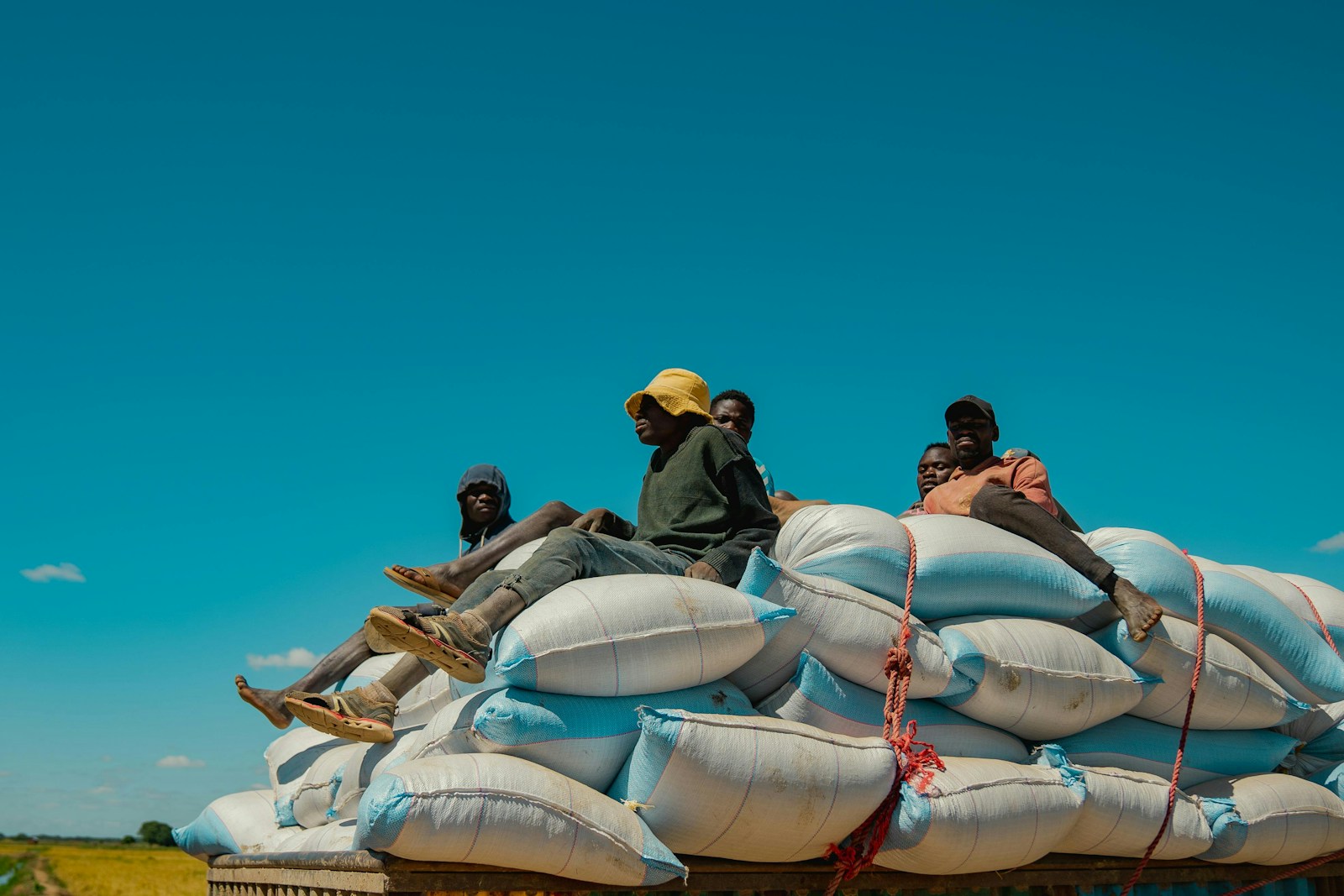
The people of Sudan are facing a humanitarian and political crisis that requires immediate, concrete action. Sudan Action emphasizes the need for tangible interventions over passive sympathy. From conflict zones to vulnerable communities, urgent measures are essential to provide relief, protect human rights, and support long-term stability. This article explores five critical steps that can make a real difference for Sudanese citizens.
Sudan Action highlights the importance of scaling up humanitarian aid. Emergency food supplies, medical assistance, and safe shelters are urgently needed to support families affected by conflict and displacement. Coordinated efforts from local and international organizations can alleviate suffering and save lives.
Women, children, and marginalized communities in Sudan are at heightened risk. Sudan Action emphasizes protective measures, including safe zones, access to healthcare, and psychosocial support. Ensuring the safety and dignity of vulnerable groups is crucial for maintaining social cohesion during times of crisis.
Long-term solutions require Sudan Action to focus on governance and political reforms. Dialogue between stakeholders, conflict resolution, and transparent institutions are vital to prevent further unrest and build public trust. Sustainable peace depends on political stability that prioritizes citizens’ well-being.
Sudan Action emphasizes empowering local communities to lead recovery efforts. Grassroots organizations play a critical role in delivering aid, rebuilding infrastructure, and providing education. For insights into successful community-driven projects, visit UN Africa Renewal for related initiatives.
Access to education and healthcare is severely limited in many parts of Sudan. Sudan Action calls for mobile clinics, digital learning platforms, and targeted programs to ensure that children and adults receive essential services. These efforts help prevent long-term setbacks in human development and foster resilience in affected populations.
Sudan Action relies on international cooperation to scale impact. Governments, NGOs, and private sectors must work together to provide funding, technical expertise, and logistical support. Readers can explore our related initiatives on this page to see how global partnerships drive meaningful change in Sudan.
Sudan Action underscores the importance of rebuilding critical infrastructure such as roads, electricity, and internet connectivity. Reliable infrastructure enables communities to access markets, communicate effectively, and receive timely aid. Investing in infrastructure is a cornerstone for long-term recovery and economic development.
Small businesses and entrepreneurs need support to rebuild livelihoods. Sudan Action promotes microfinance programs, vocational training, and access to markets. Economic empowerment strengthens communities, reduces dependency on aid, and fosters self-reliance during challenging times.
The impact of conflict and displacement on mental health cannot be overlooked. Sudan Action calls for psychosocial support programs, counseling services, and community engagement initiatives. Addressing trauma is essential to heal individuals and rebuild cohesive, resilient communities.
Sudan Action emphasizes forward-looking strategies that ensure lasting peace and stability. This includes governance reforms, inclusive policies, and sustainable development projects. By focusing on the future, Sudan can transform current crises into opportunities for national growth and resilience.
The people of Sudan face immense challenges that demand action rather than passive sympathy. Sudan Action highlights the need for immediate humanitarian aid, protection of vulnerable populations, political stability, and economic empowerment. Coordinated local and international efforts can help rebuild communities, restore hope, and create a sustainable and prosperous future for all Sudanese citizens.